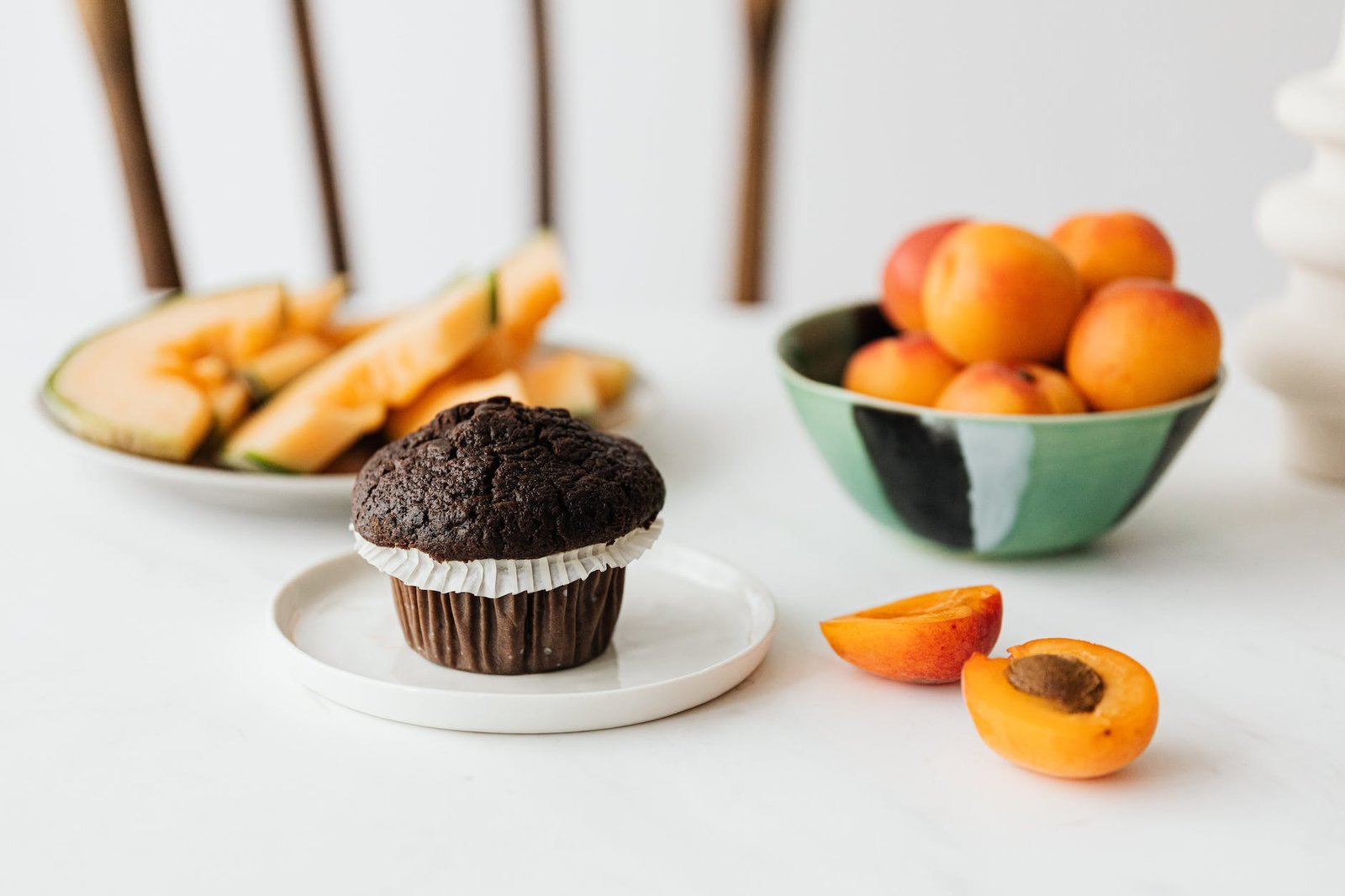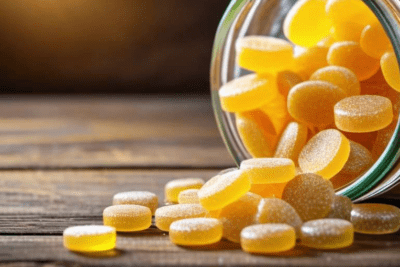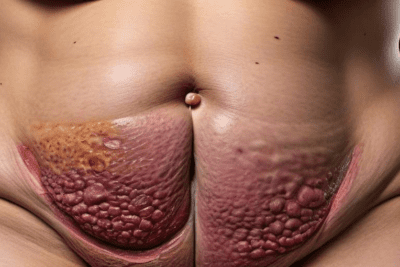
Berberine and Its Natural Effects on Blood Sugar Reduction

- Berberine and Its Natural Effects on Blood Sugar Reduction
- What is Berberine?
- Historical Context of Berberine
- Understanding Blood Sugar Regulation
- Berberine's Role in Blood Sugar Balance
- Comparing Berberine with Traditional Diabetes Drugs
- Natural Sources of Berberine
- Potential Side Effects and Precautions
- Concluding Thoughts
Berberine and Its Natural Effects on Blood Sugar Reduction
What is Berberine?
Berberine is a naturally occurring compound found in a variety of plants, most notably in the family of Berberidaceae. Used for thousands of years in traditional Chinese medicine and Ayurvedic medicine, it has been touted for its diverse health benefits. But one of its most promising effects is its potential impact on blood sugar regulation.
Historical Context of Berberine
Historically, berberine-rich plants, such as goldenseal, Oregon grape, and barberry, have been utilized in various traditional practices for their potent antimicrobial properties. Over time, as scientific research delved into the myriad benefits of this compound, its role in blood sugar regulation began to stand out.
Understanding Blood Sugar Regulation
Blood sugar, or glucose, is the primary energy source for the body's cells. It's imperative to maintain blood sugar levels within a normal range to ensure optimal health and prevent a host of ailments, including diabetes. The body's mechanism to regulate blood sugar involves insulin, a hormone that helps cells absorb glucose. Disruption in this mechanism can lead to blood sugar imbalances, which, over time, may result in chronic conditions.
Berberine's Role in Blood Sugar Balance
Research suggests that berberine operates on multiple levels to aid in blood sugar regulation:
- Increasing Insulin Sensitivity: Berberine enhances the sensitivity of cells to insulin, thereby improving glucose uptake into cells.
- Inhibiting Glucose Production: In the liver, berberine decreases the production of glucose, which can be beneficial for those with elevated blood sugar levels.
- Promoting Glycolysis: This compound helps with the breakdown of glucose inside cells, a process essential for energy generation.
- Supporting Gut Health: Emerging studies hint at a connection between gut health and blood sugar regulation. Berberine appears to modulate gut flora in a way that could be favorable for maintaining glucose balance.
Comparing Berberine with Traditional Diabetes Drugs
One of the remarkable aspects of berberine is its comparative efficacy to some traditional diabetes drugs. In several studies, berberine showed similar blood sugar-reducing effects as metformin, a widely prescribed medication for type 2 diabetes. It's worth noting, however, that anyone considering berberine as an alternative should consult with a healthcare professional.
Natural Sources of Berberine
While supplements are available, for those interested in natural sources:
- Barberry (Berberis vulgaris): A common shrub, its bright red berries and root bark are rich in berberine.
- Oregon Grape (Mahonia aquifolium): This plant, native to North America, boasts yellow roots packed with berberine.
- Goldenseal (Hydrastis canadensis): Once a popular herbal remedy, its roots and rhizomes are berberine-rich.
Potential Side Effects and Precautions
As with any supplement or natural remedy, it's vital to be aware of potential side effects. Some individuals may experience gastrointestinal discomfort, such as diarrhea, constipation, or stomach cramps. It's also essential to note that berberine can interact with certain medications, including antibiotics and anticoagulants. Always seek advice from a healthcare professional before incorporating berberine into your regimen.
Concluding Thoughts
Berberine, with its ancient roots in traditional medicine and modern validation through scientific research, offers a promising natural avenue for blood sugar regulation. Its multi-faceted approach to enhancing insulin sensitivity, reducing glucose production, and fostering gut health makes it a noteworthy compound in the quest for optimal health. As always, personal research and consultation with healthcare professionals are crucial when considering new health interventions.
Our best recommendation in the end is that you get the best advice from a group of professionals who have been willing to revolutionize your diabetes situation and give you the opportunity to radically improve your health.
Visit at this time the link that keeps clicking on it









